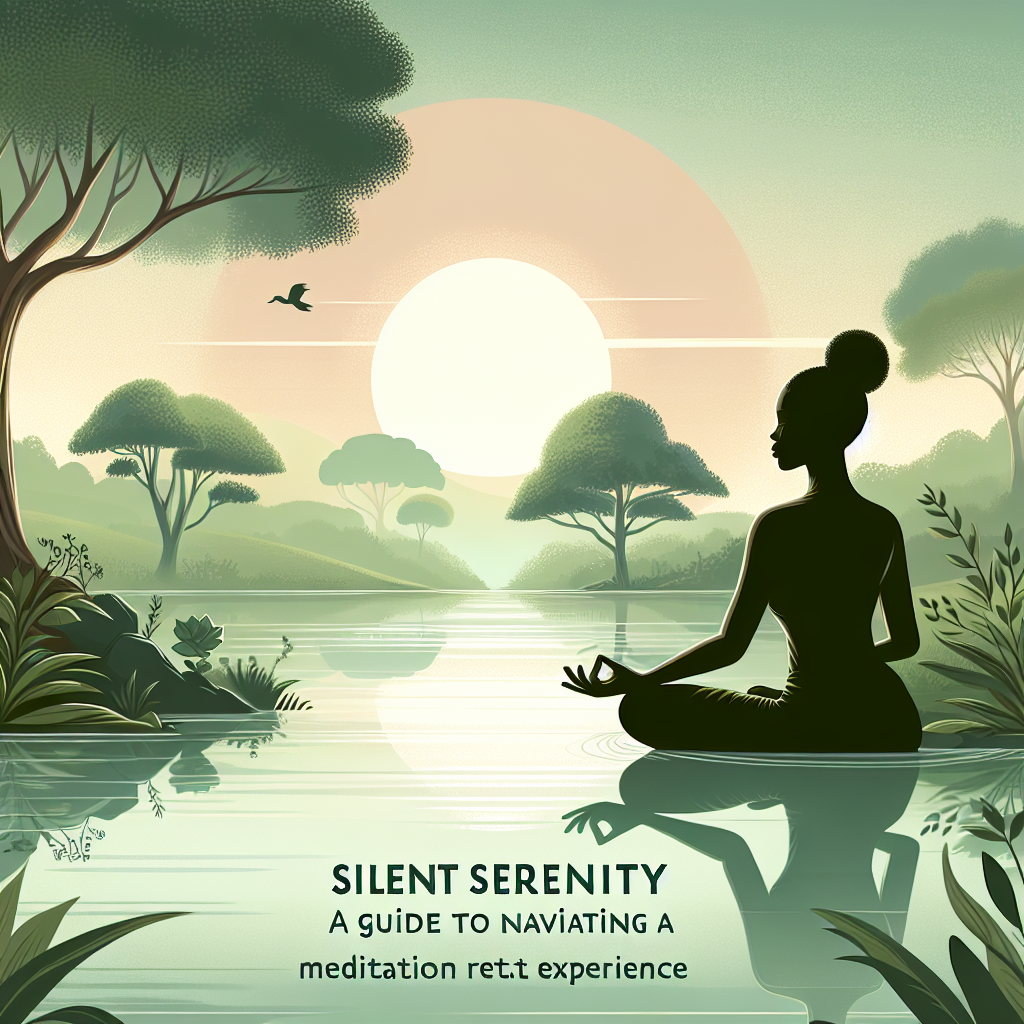meditation is a powerful tool that has been practiced for centuries to achieve inner peace, reduce stress, and cultivate mindfulness. In today’s fast-paced world, many people struggle with anger issues and find it challenging to control their emotions. Anger is a natural human emotion, but when it gets out of control, it can have detrimental effects on our mental and physical health, as well as our relationships with others. Meditation can be an effective way to help you manage your anger and find inner peace.
One of the primary ways in which meditation can help you control anger is by promoting self-awareness. When you meditate, you are in tune with your thoughts, emotions, and bodily sensations. This awareness allows you to recognize when you are feeling angry and understand the triggers that lead to your anger. By identifying these triggers, you can work on addressing them and eventually reduce the intensity of your anger reactions.
Another way in which meditation can help you control anger is by teaching you how to respond rather than react to situations. When we are angry, our immediate response is often to lash out or become defensive. Through meditation, you can learn to pause and take a step back before reacting impulsively. This pause allows you to choose a more thoughtful and constructive response, rather than fueling the flames of your anger.
Meditation also helps to cultivate a sense of inner peace and calm. When you meditate regularly, you create a space within yourself that is free from the chaos and stress of everyday life. This sense of peace allows you to approach situations with a clear and calm mind, reducing the likelihood of becoming overwhelmed by anger. By cultivating inner peace through meditation, you can create a sense of balance and equanimity that will help you navigate the challenges of life with grace and resilience.
In addition to helping you control anger, meditation has numerous other benefits for your mental and physical well-being. Studies have shown that meditation can reduce stress levels, improve concentration and focus, enhance emotional regulation, and promote overall feelings of well-being. By incorporating meditation into your daily routine, you can experience these benefits and cultivate a greater sense of harmony and balance in your life.
If you are new to meditation, it may seem daunting at first. However, starting a meditation practice is simpler than you may think. You can begin by setting aside just a few minutes each day to sit quietly and focus on your breath. As you become more comfortable with this practice, you can gradually increase the length of your meditation sessions and explore different meditation techniques, such as mindfulness meditation, loving-kindness meditation, and body scan meditation.
In addition to practicing meditation on your own, you may also consider joining a meditation group or attending guided meditation sessions. These resources can provide you with additional support and guidance as you work to develop your meditation practice.
FAQs:
Q: How often should I meditate to see results in controlling my anger?
A: The frequency of meditation that is needed to see results can vary from person to person. It is recommended to start with just a few minutes of meditation each day and gradually increase the length of your sessions as you become more comfortable with the practice. Consistency is key, so try to meditate regularly to experience the benefits.
Q: Can meditation help me manage chronic anger issues?
A: Yes, meditation can be a helpful tool for managing chronic anger issues. By cultivating self-awareness, promoting inner peace, and teaching you how to respond rather than react to situations, meditation can help you gain control over your anger and develop healthier ways of managing your emotions.
Q: What if I struggle to quiet my mind during meditation?
A: It is common for beginners to have difficulty quieting their minds during meditation. If you find it challenging to focus on your breath or stay present in the moment, try not to get discouraged. Remember that meditation is a practice, and it takes time and patience to develop the skill of mindfulness. You can try using guided meditations, grounding techniques, or focusing on a mantra to help quiet your mind during meditation.
Q: Can meditation replace therapy or medication for managing anger?
A: While meditation can be a helpful tool for managing anger, it is not a substitute for therapy or medication in cases where professional intervention is necessary. If you are struggling with chronic anger issues or have difficulty controlling your emotions, it is important to seek the guidance of a mental health professional who can provide you with the appropriate support and treatment options.
In conclusion, meditation is a powerful tool that can help you control anger and find inner peace. By cultivating self-awareness, promoting mindfulness, and developing a sense of inner calm, meditation can help you navigate the challenges of life with grace and resilience. Whether you are new to meditation or have been practicing for years, incorporating this ancient practice into your daily routine can have profound benefits for your mental and physical well-being. Start your meditation journey today and discover the transformative power of mindfulness.




Leave A Comment